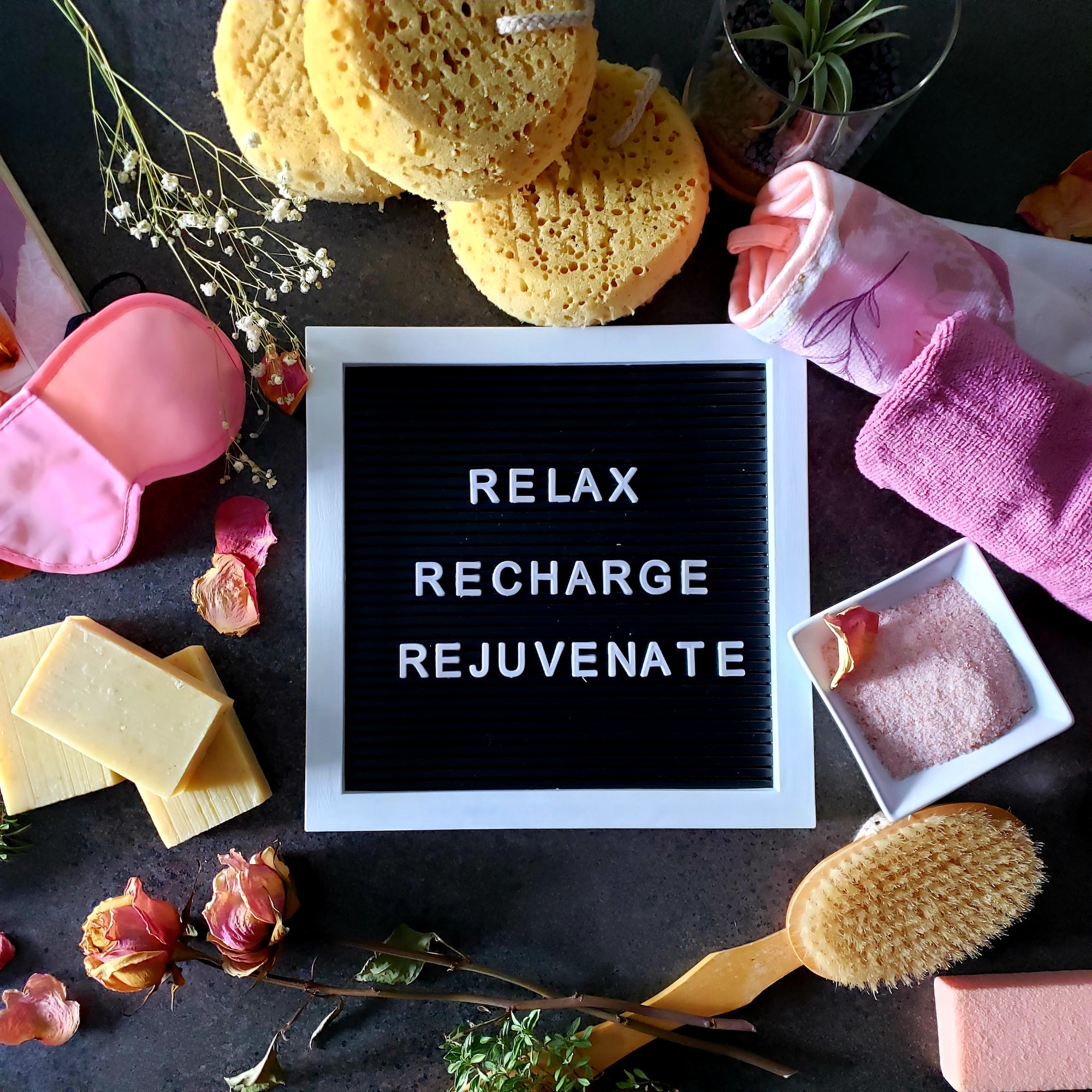How to Create a Self-Care Routine that Works for You
Creating a self-care routine can help promote overall well-being and improve mental health. Here are some steps to help you create a self-care routine that works for you: Identify your needs Take some time to reflect on what you need to take care of yourself. This can include physical, emotional,…

